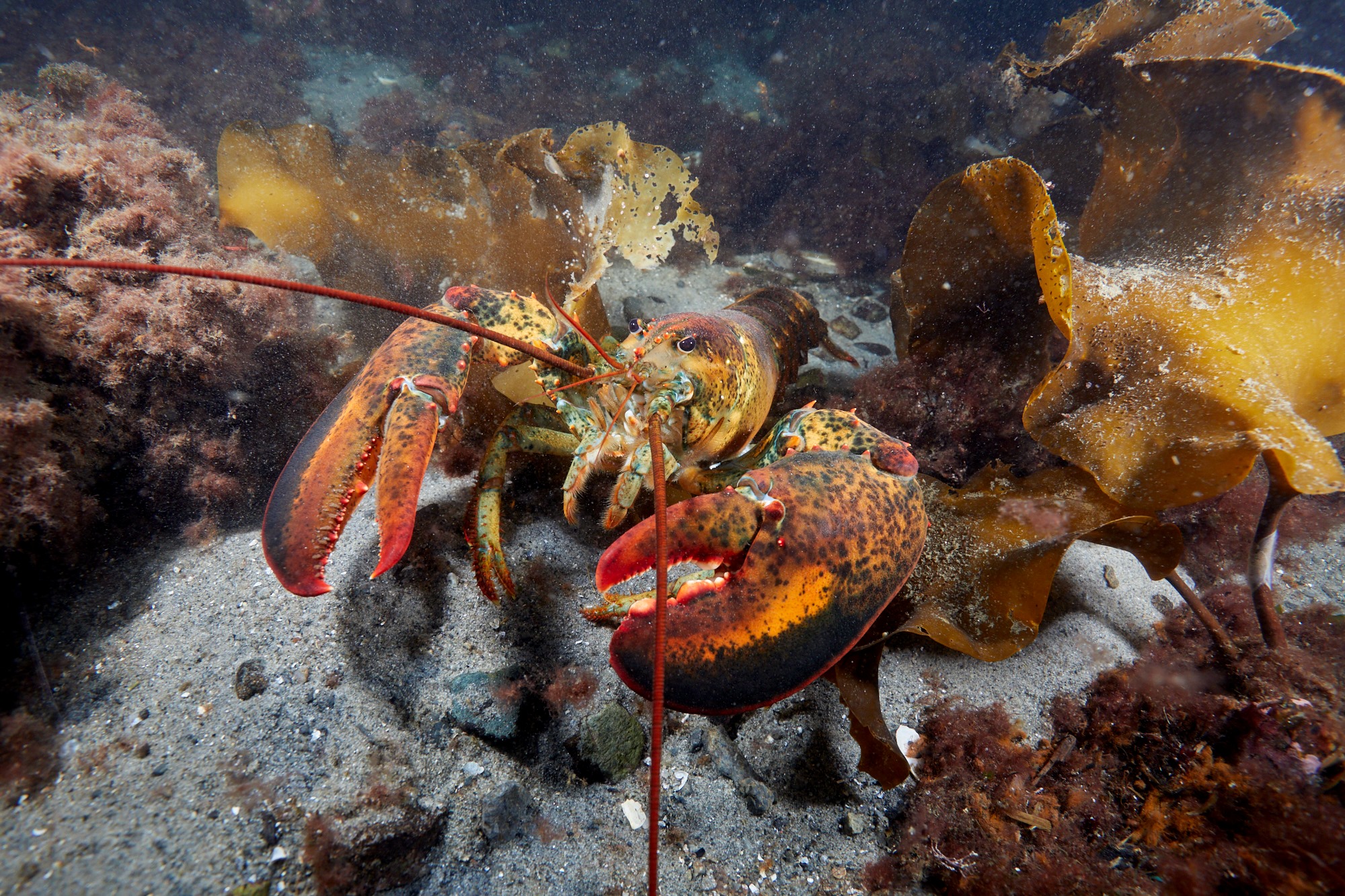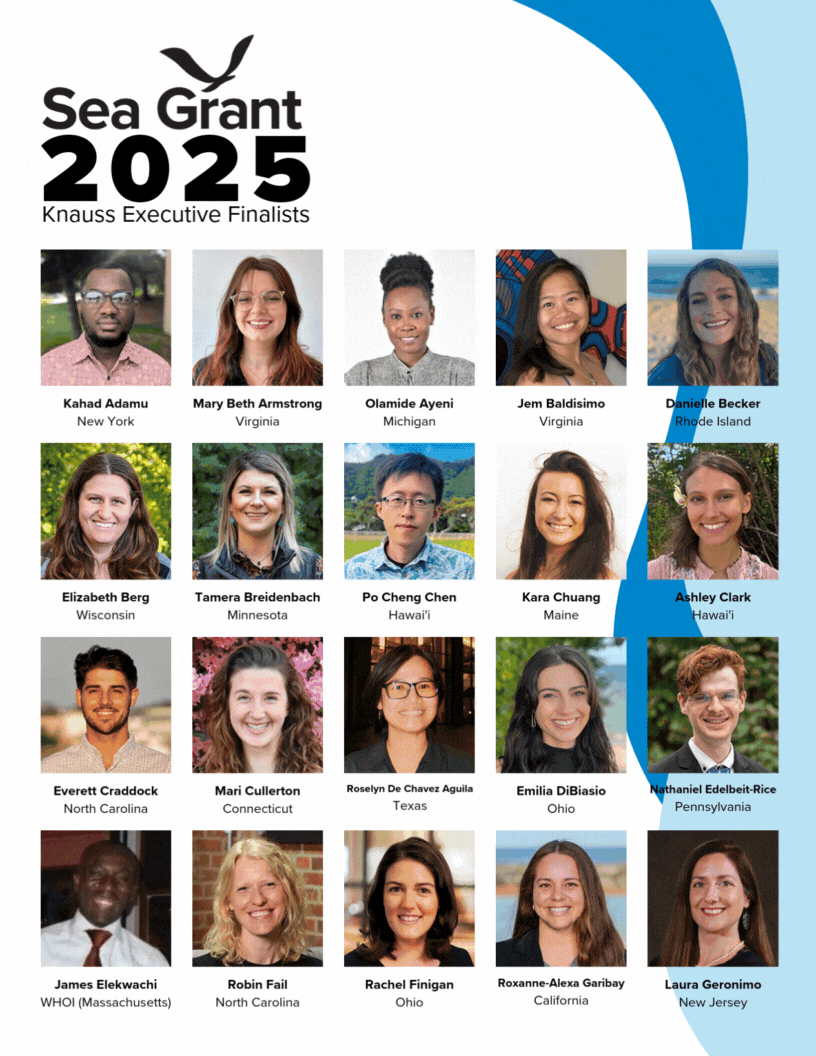Accurate regional climate projections are vital for coastal planners, engineers, and communities which face an onslaught of impacts from climate change, including sea-level rise, changing precipitation patterns, and more intense weather extremes. Ocean processes, including carbon sequestration (long-term storage of atmospheric carbon to mitigate climate change), are a key piece of the puzzle. A Sea Grant-funded researcher harnessed a 28-year sediment data set to quantify the contribution of phytoplankton to deep ocean carbon export and to identify the types of phytoplankton that were exported. She worked with coastal ocean modelers to make this data useful for them and also learn how their modeling data could inform her results. The outreach conducted by the researcher resulted in interdisciplinary discussions and connections that may enable the results of this work to be integrated into future modeling studies. That could improve understanding of the carbon cycle in the California Current and lead to more accurate climate projections, which has broad usefulness for coastal planners and communities.


Sea Grant’s American Lobster Initiative awards $5.4 million to further innovative research and outreach in support of the lobster industry and fishing communities
Since 2019, Sea Grant’s American Lobster Initiative has addressed critical knowledge gaps about the American lobster and its fishery facing a dynamic and changing environment. The Initiative supports a regional extension program in the Northeast and a national research competition. Fifteen emerging research projects were selected in 2023 and 2024 for $4.6 million in federal funding by the NOAA National Sea Grant College Program. Coordinated by Maine Sea Grant since 2019, the Northeast lobster extension program was recently renewed with an $840,000 federal award that supports work through 2026.

